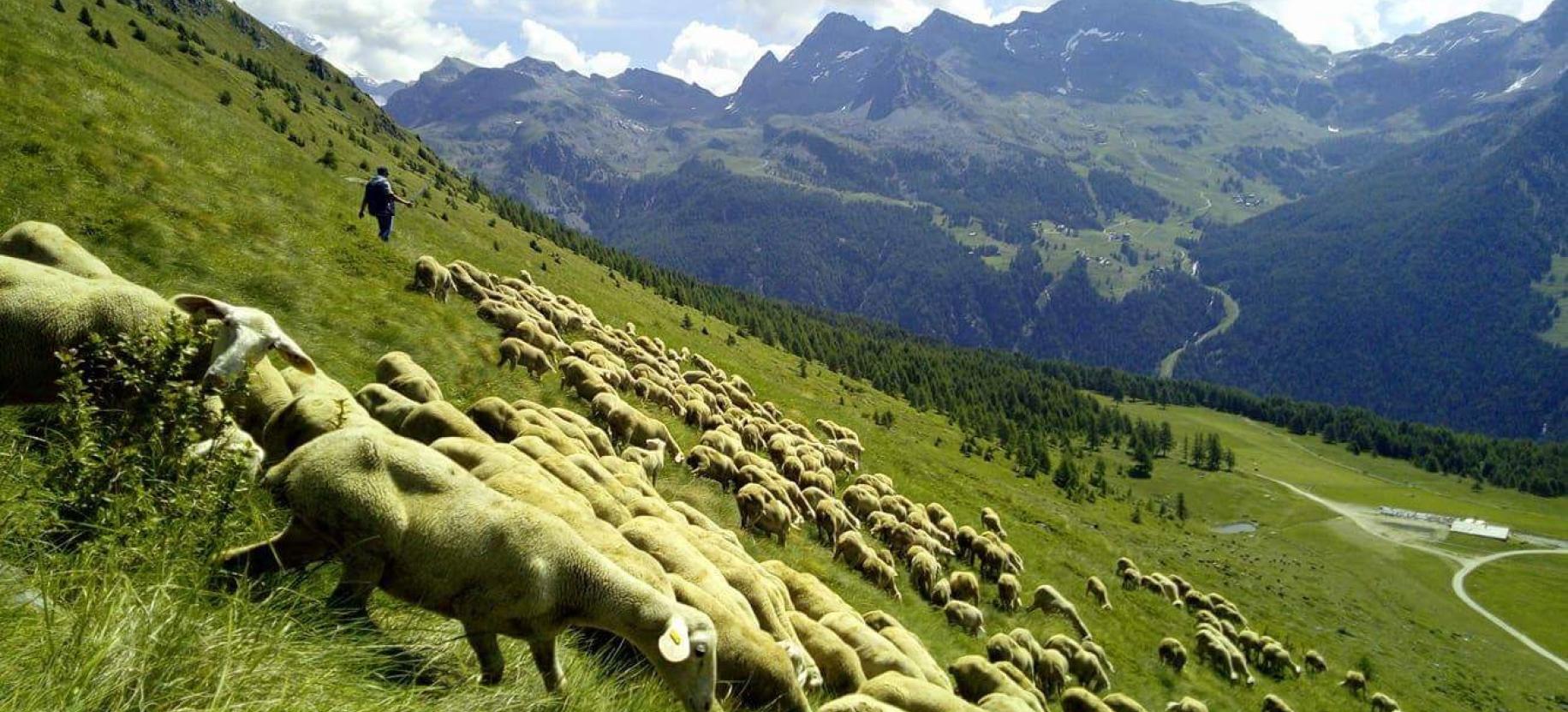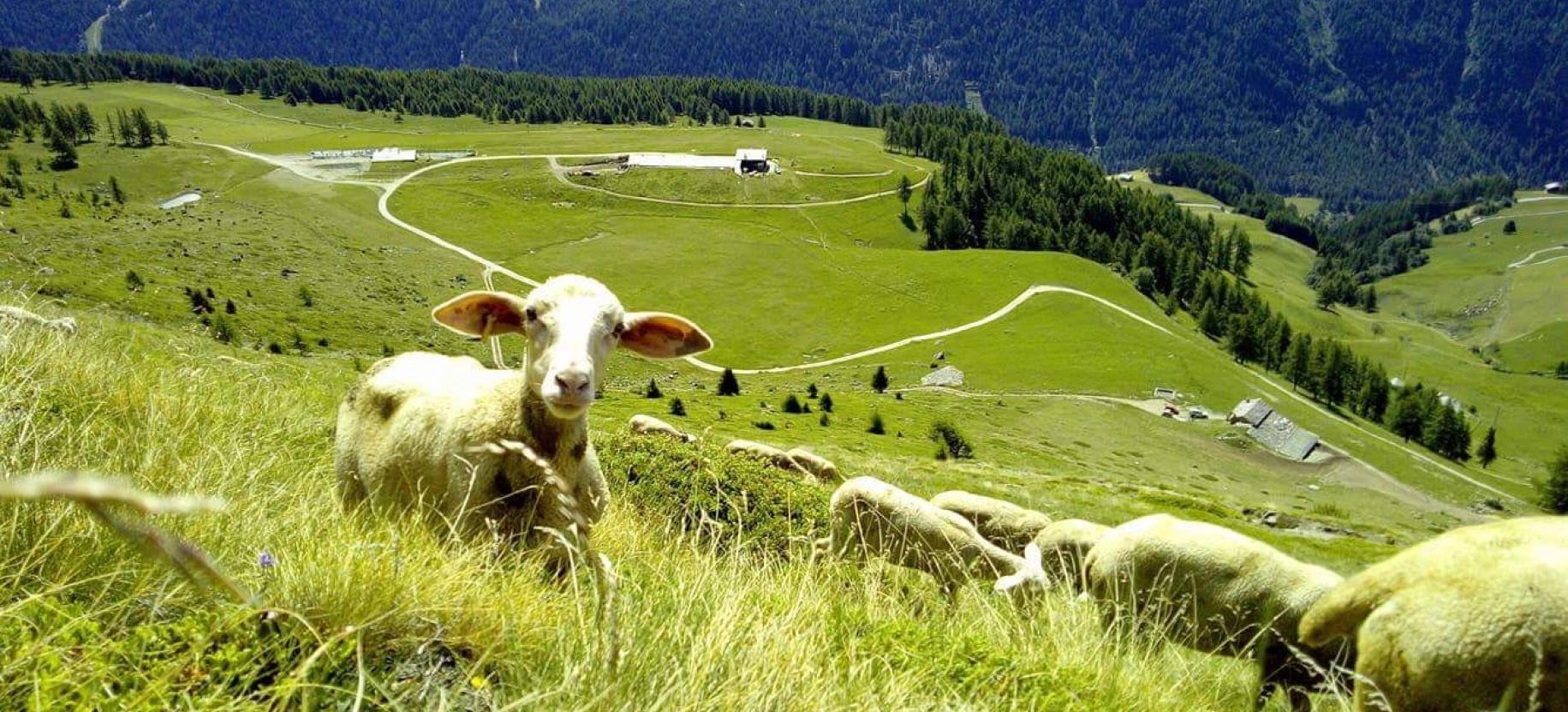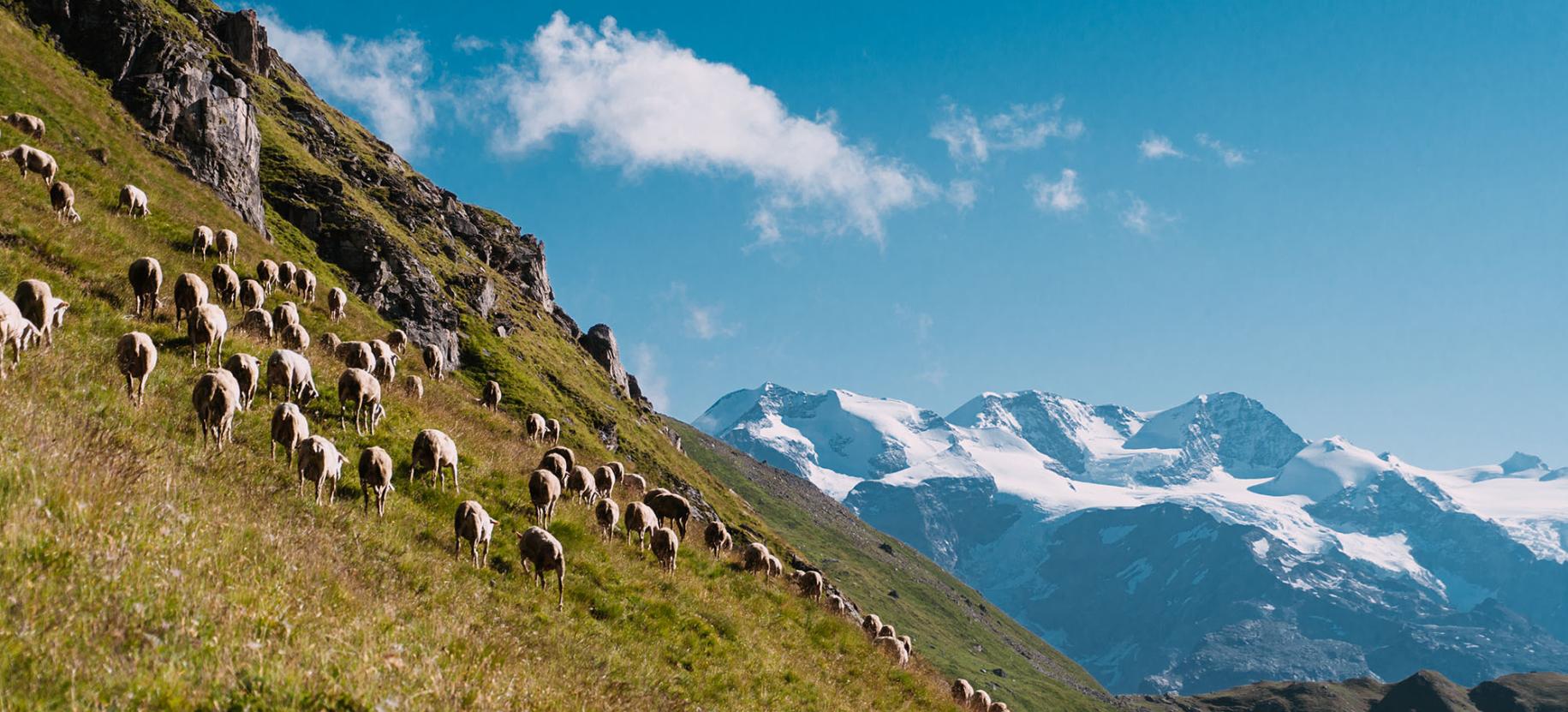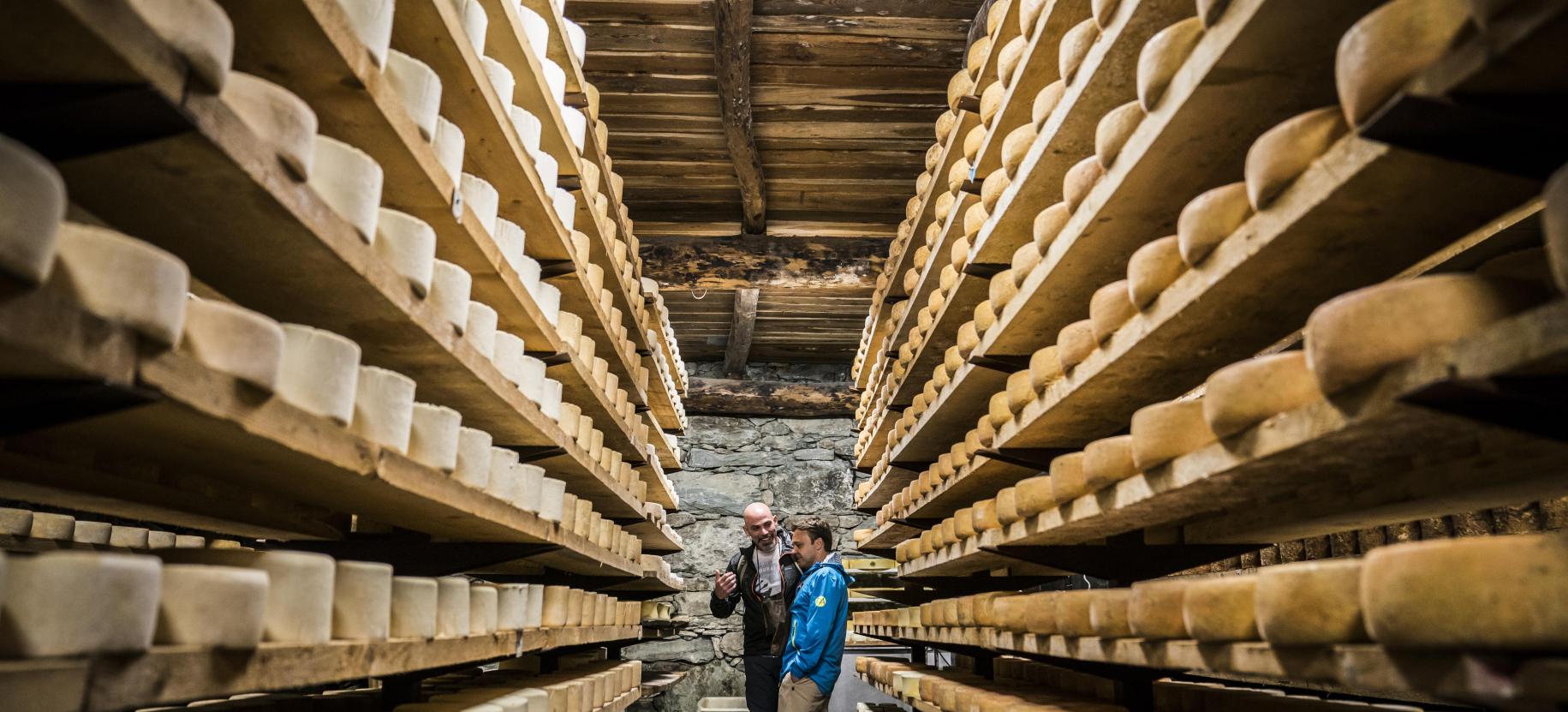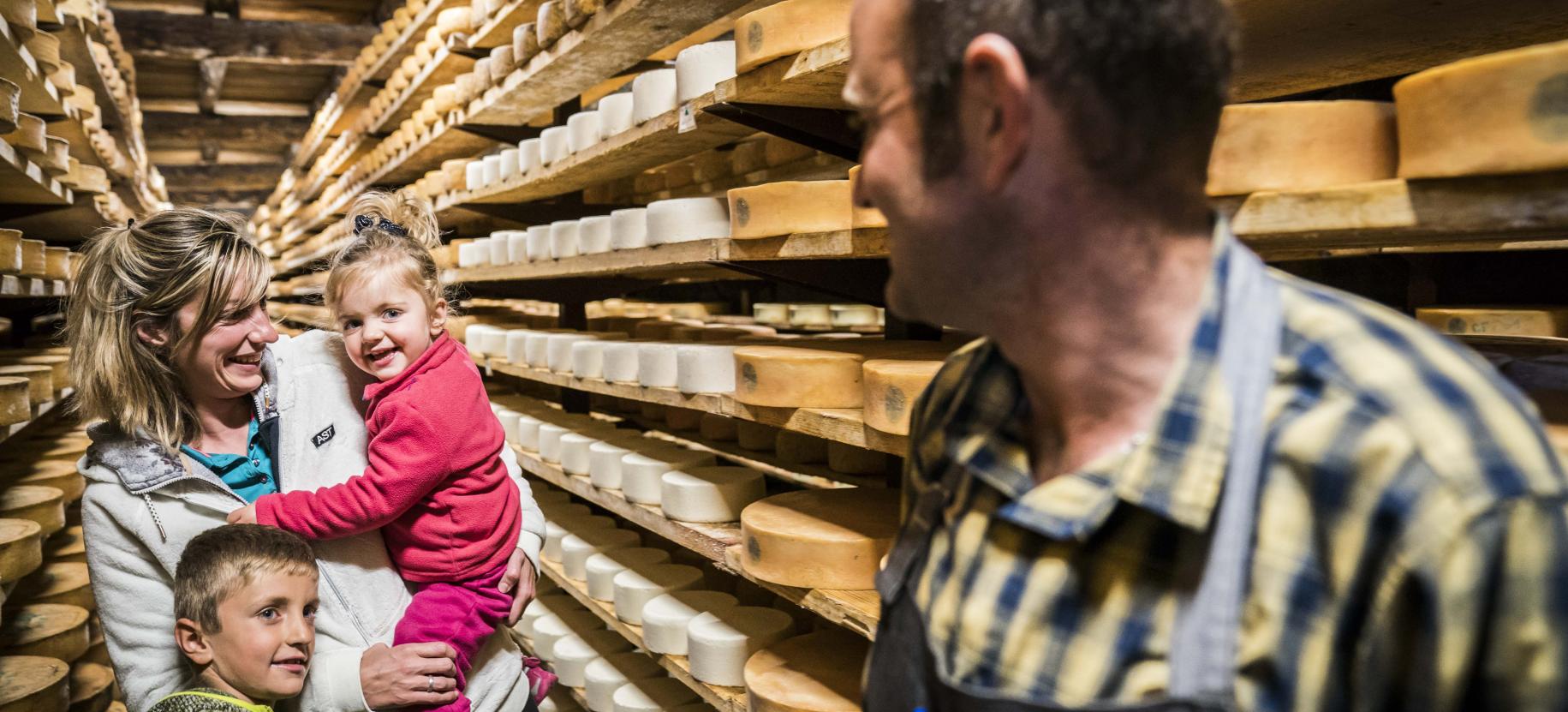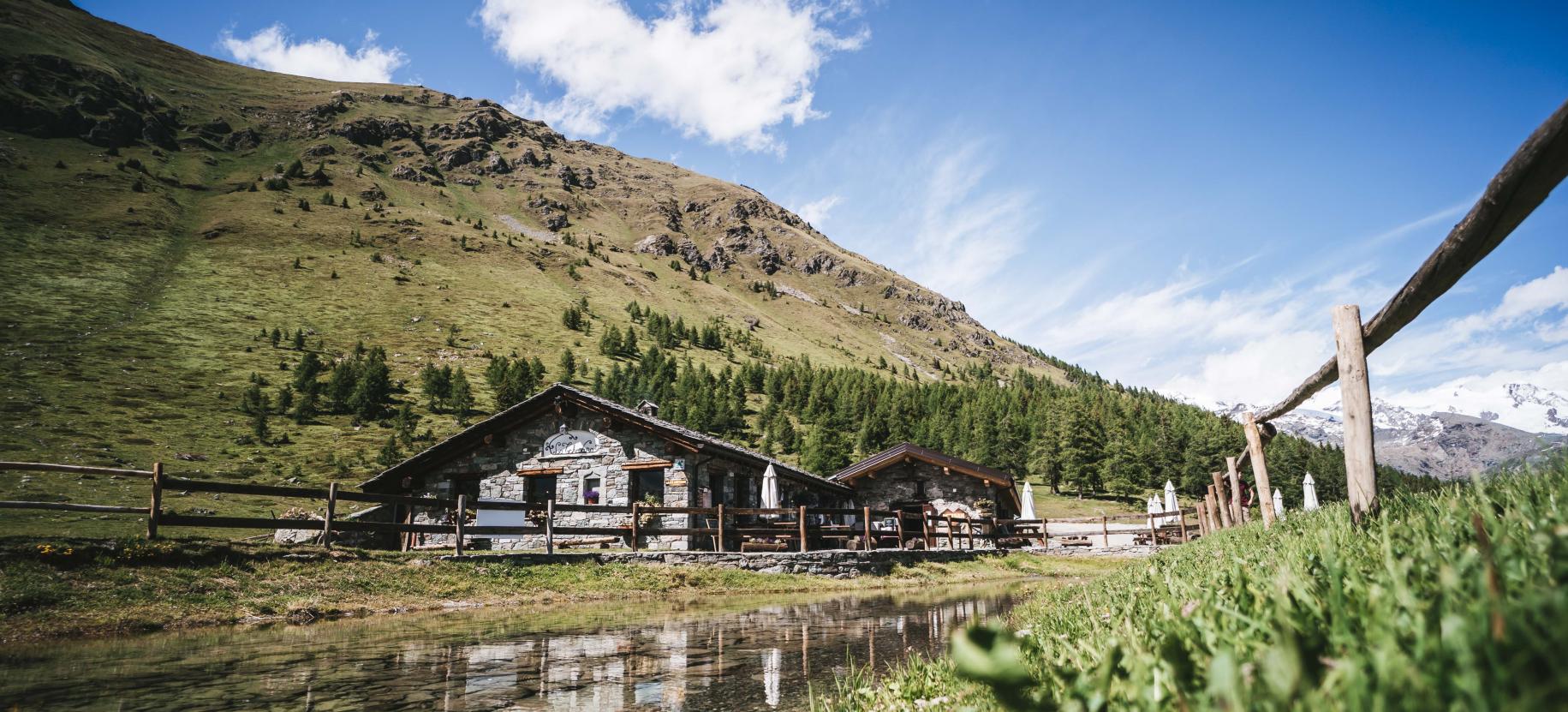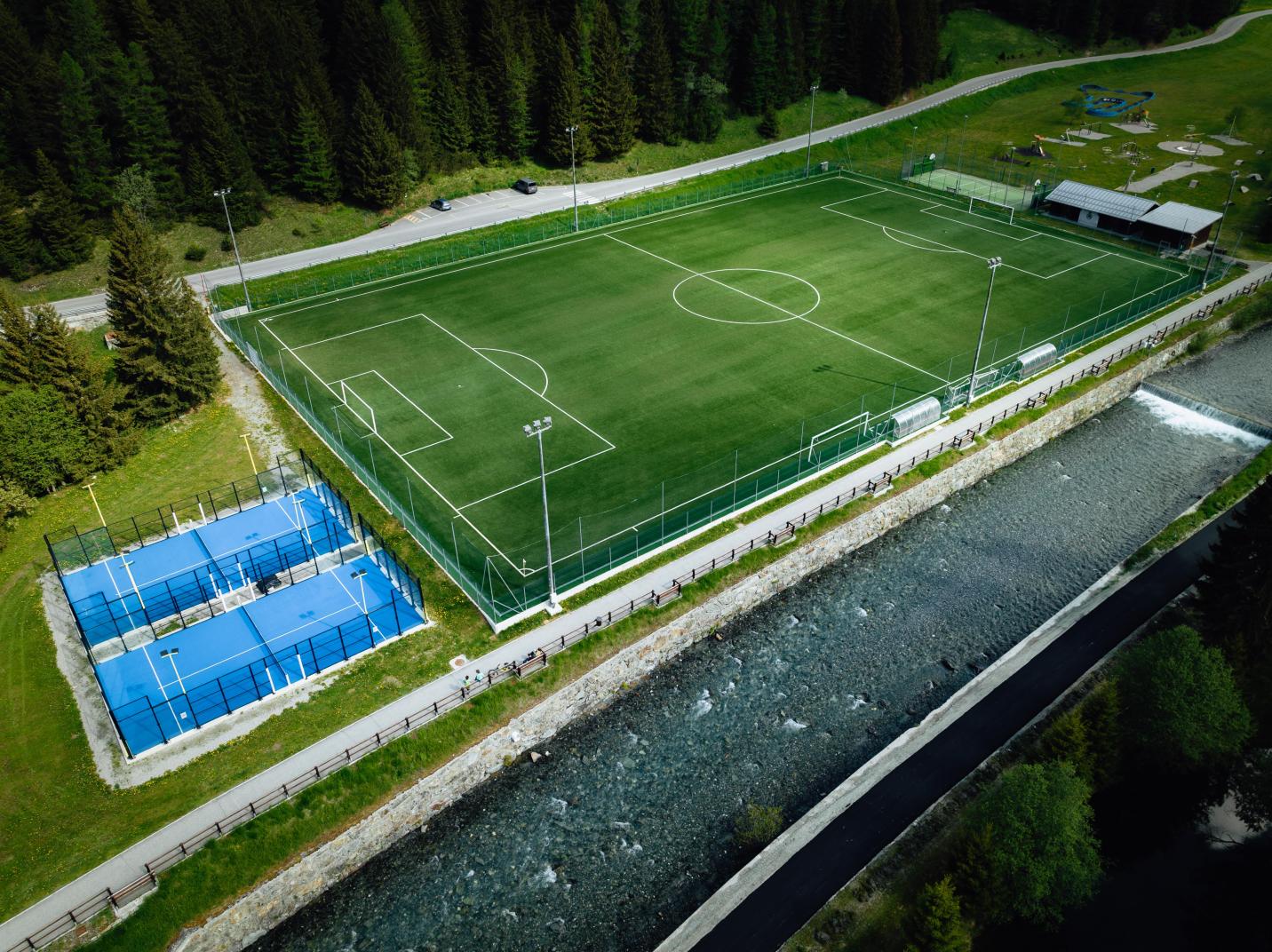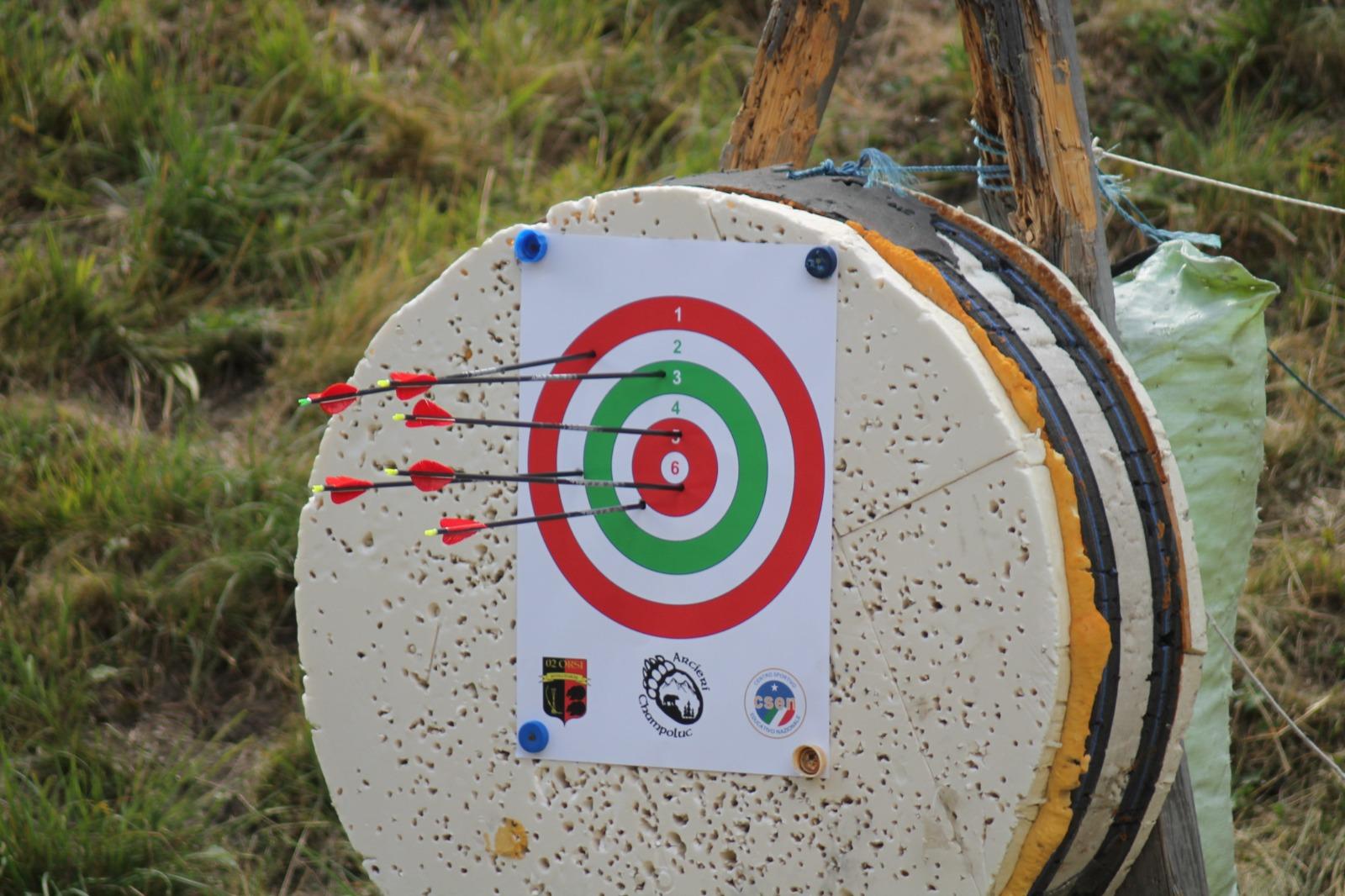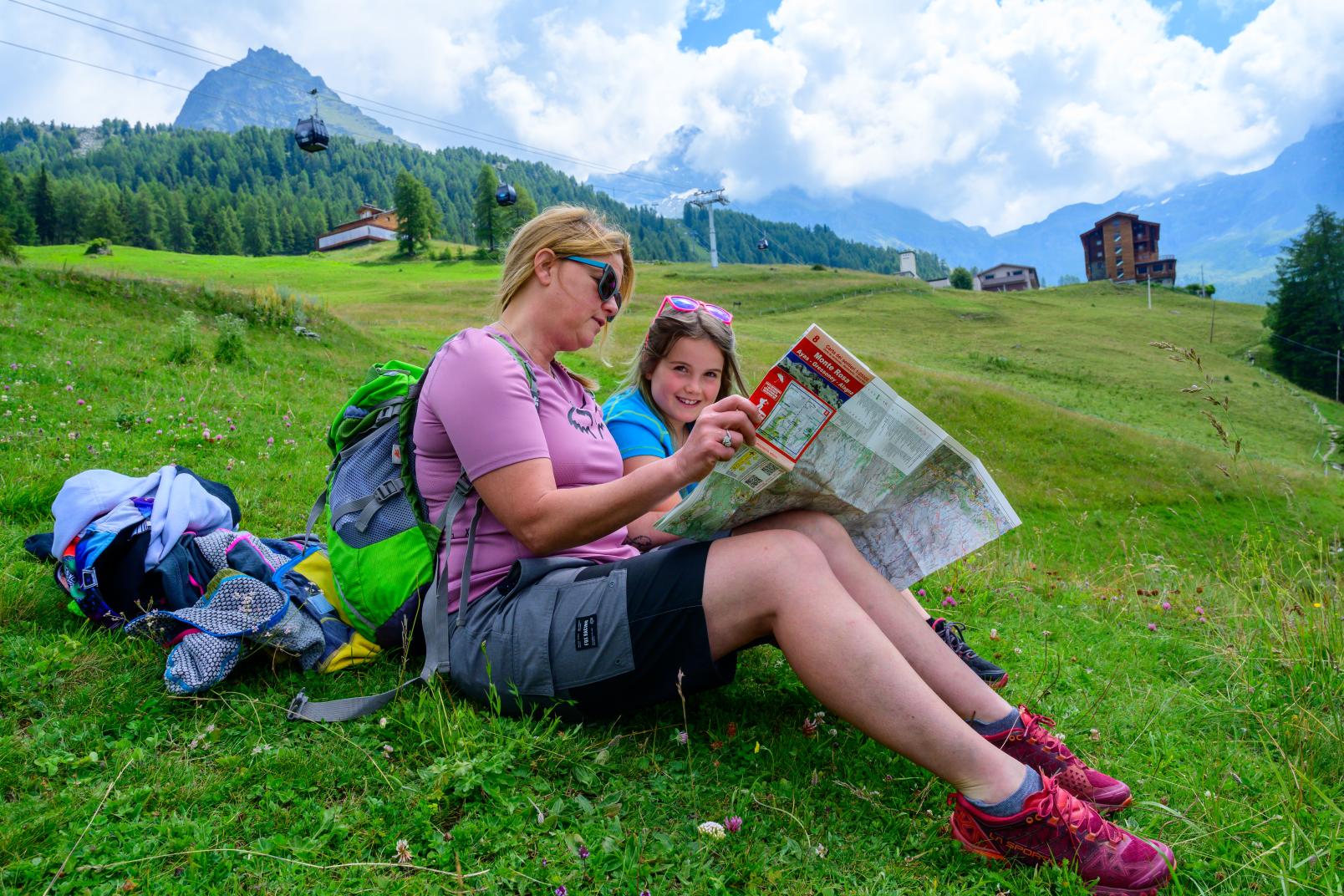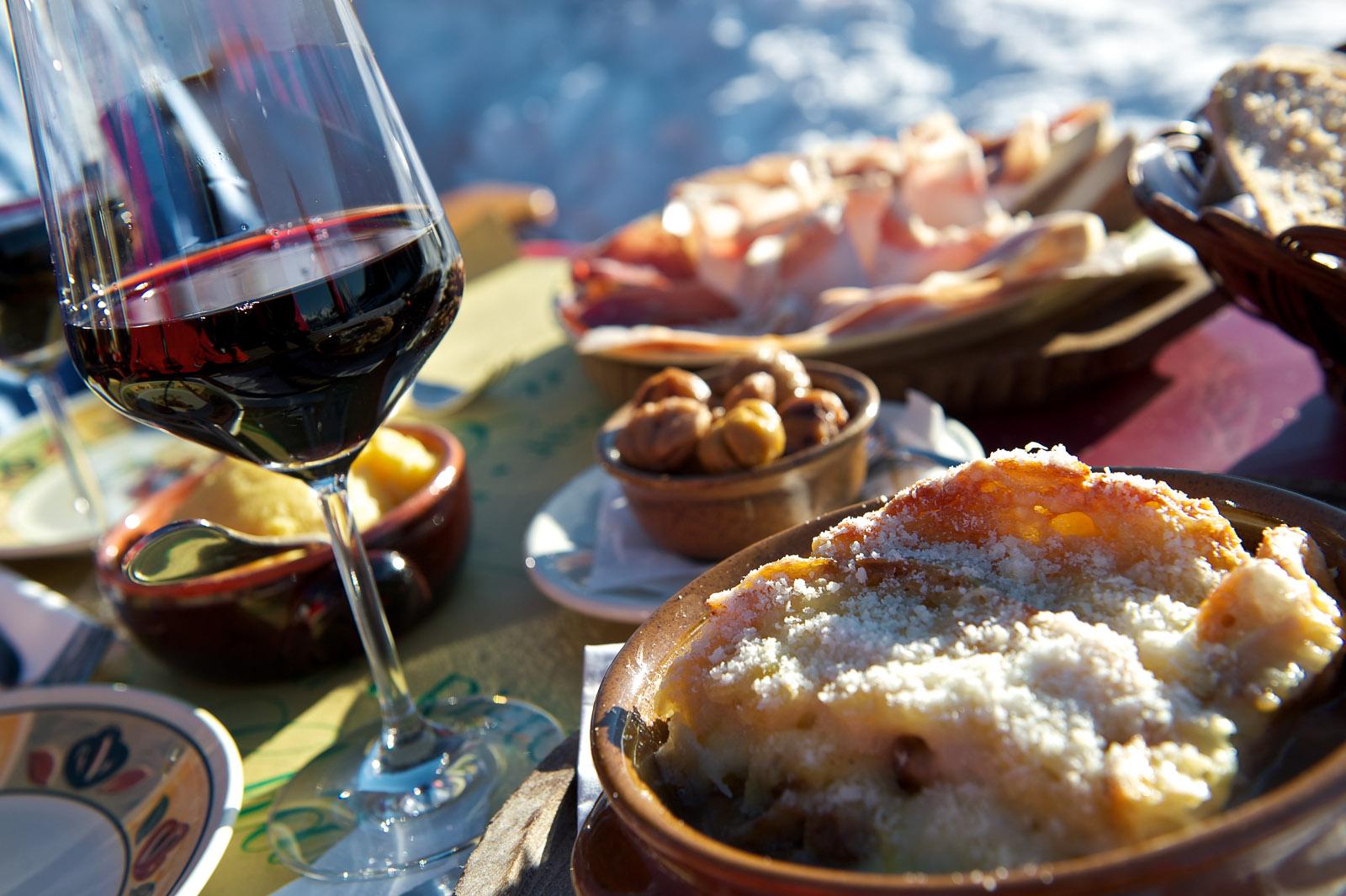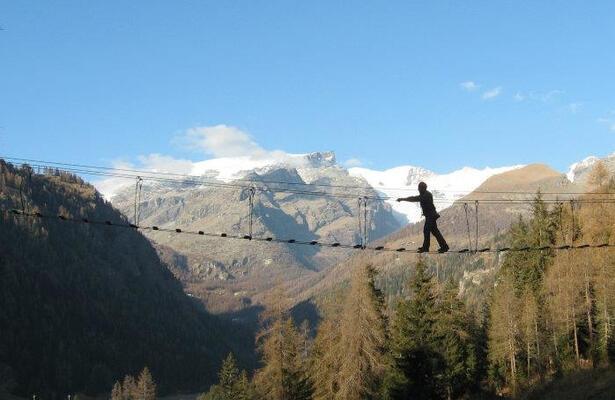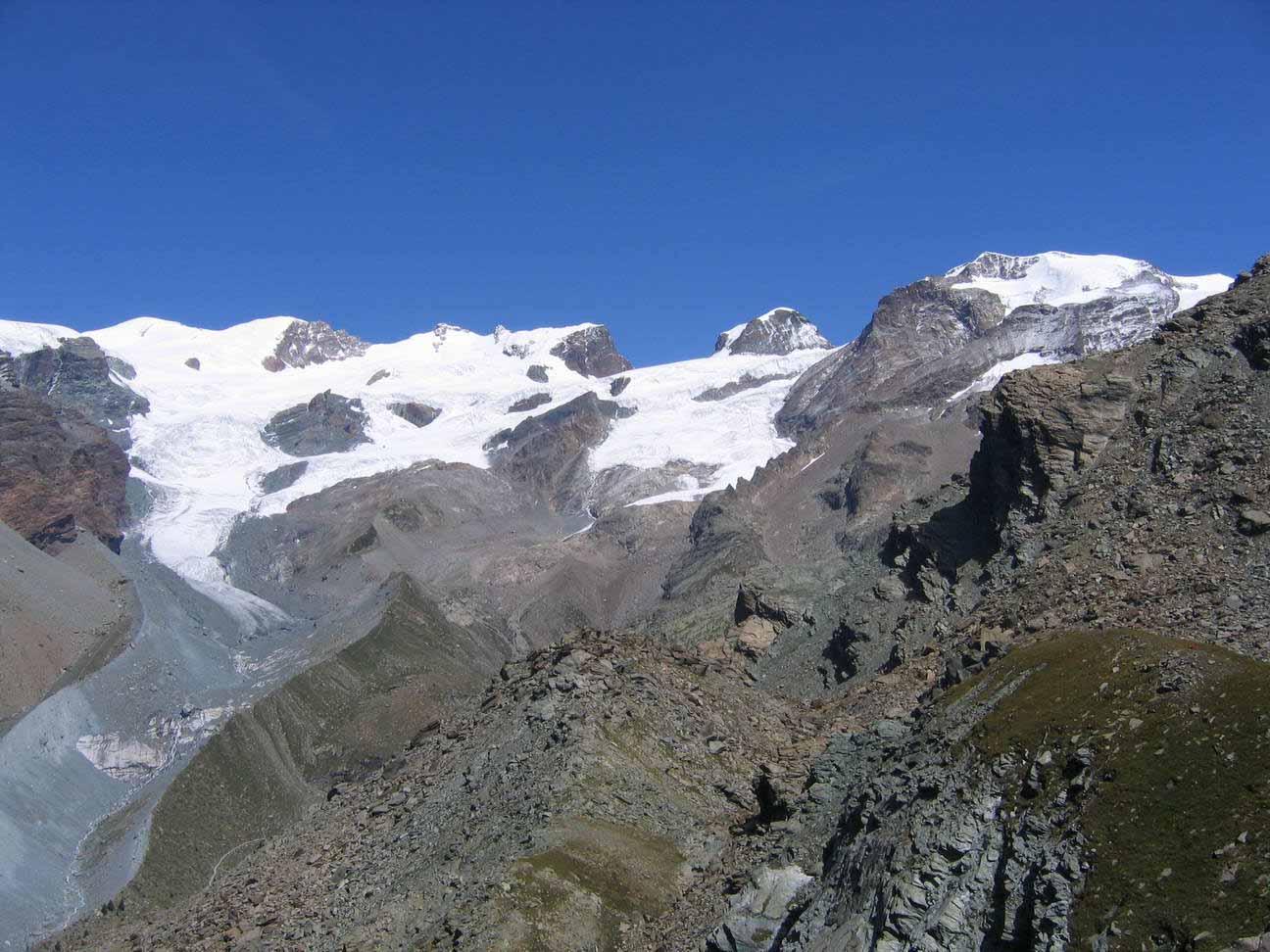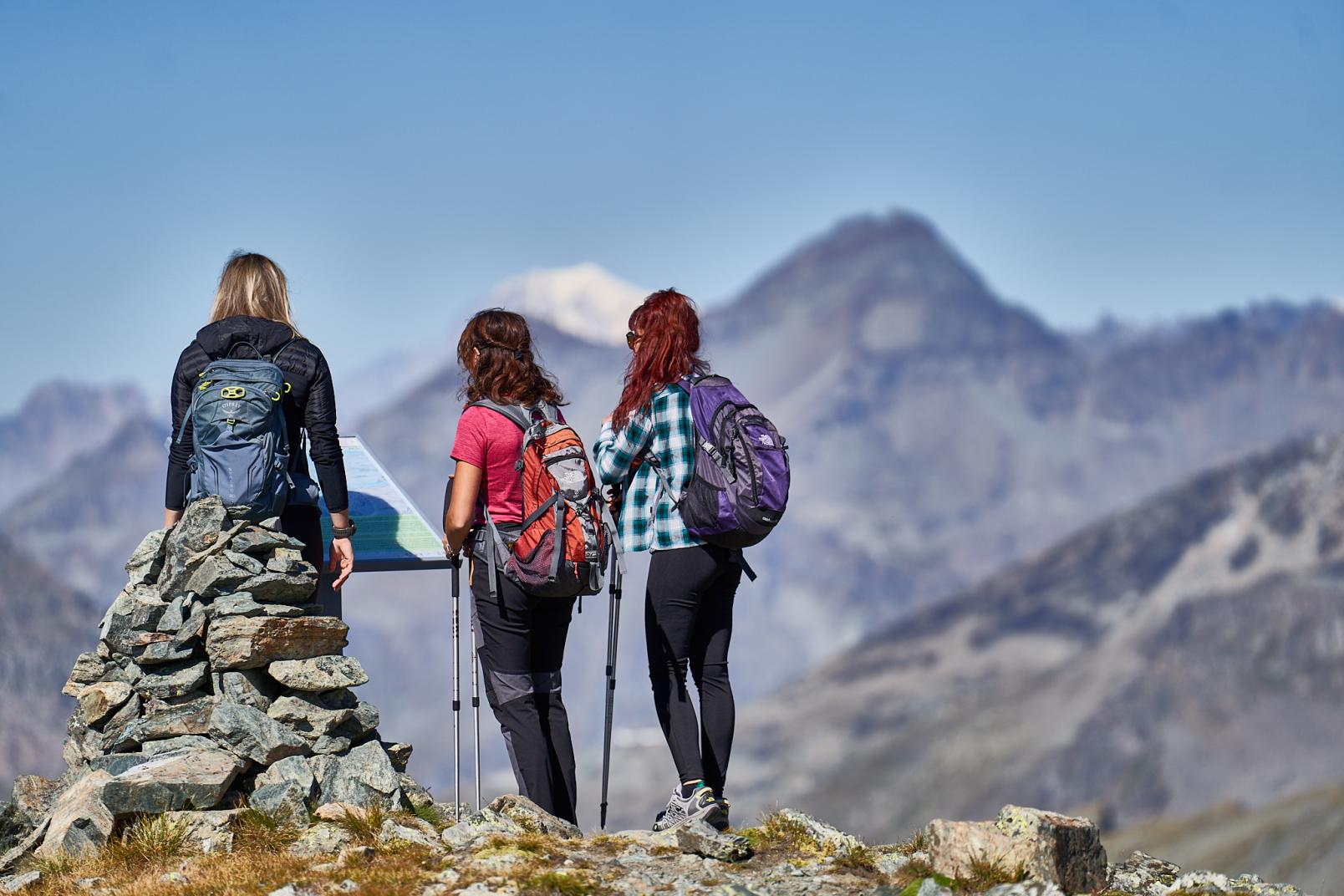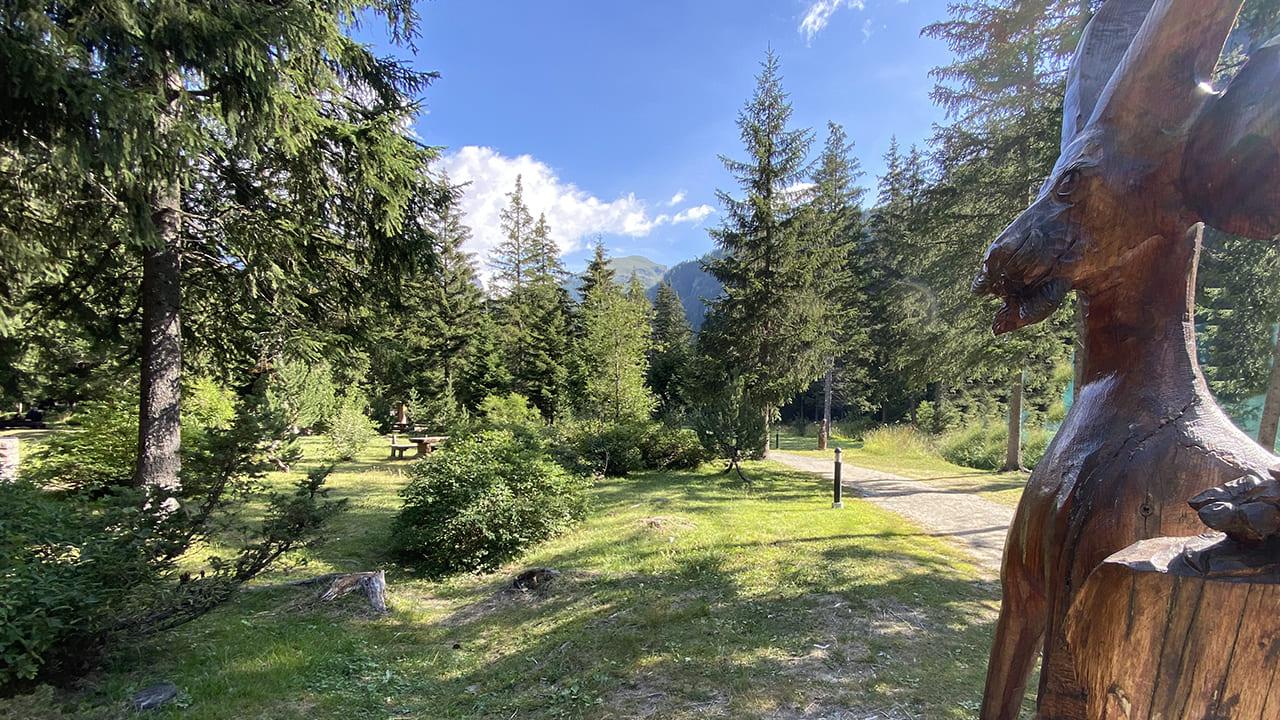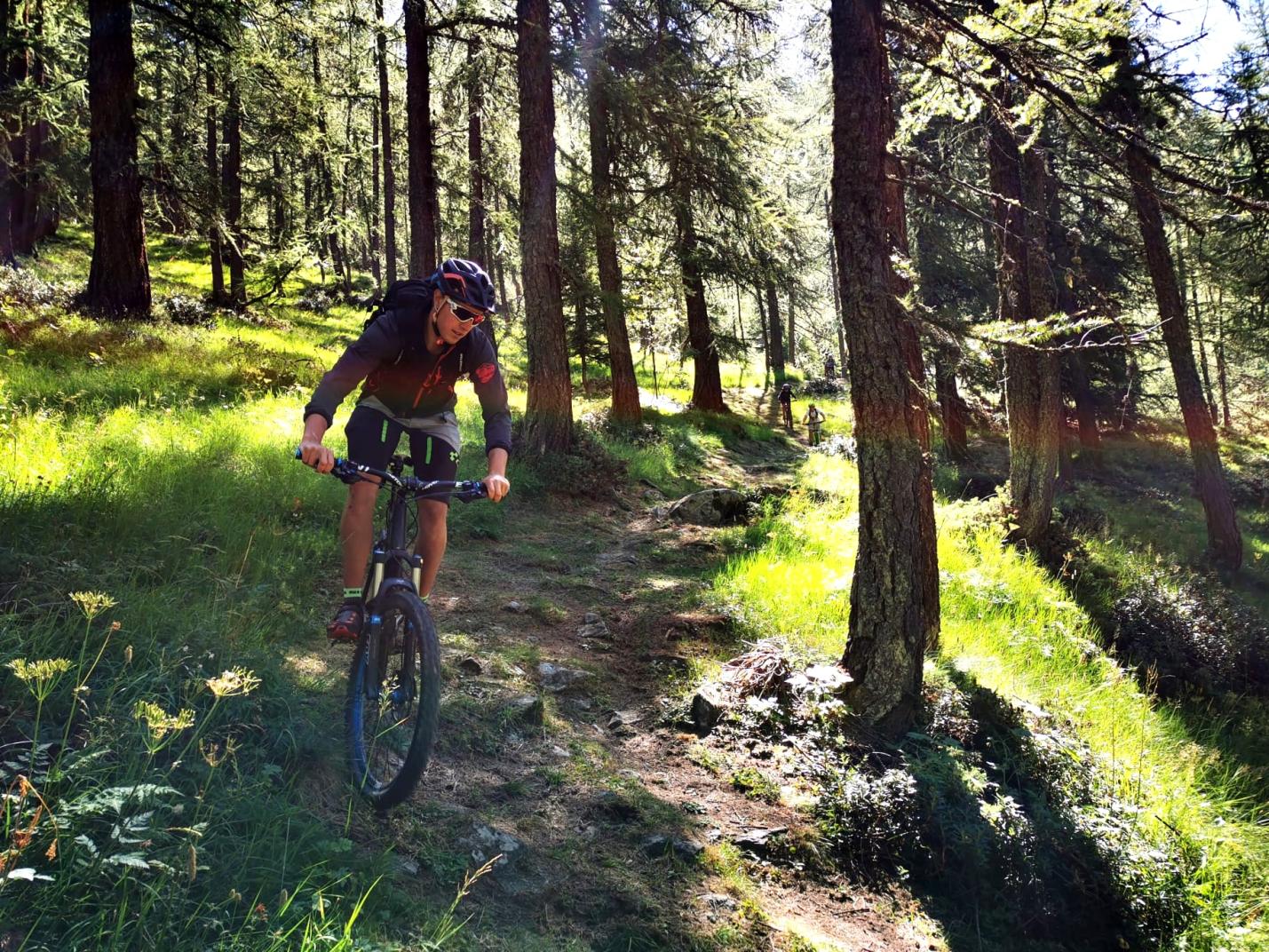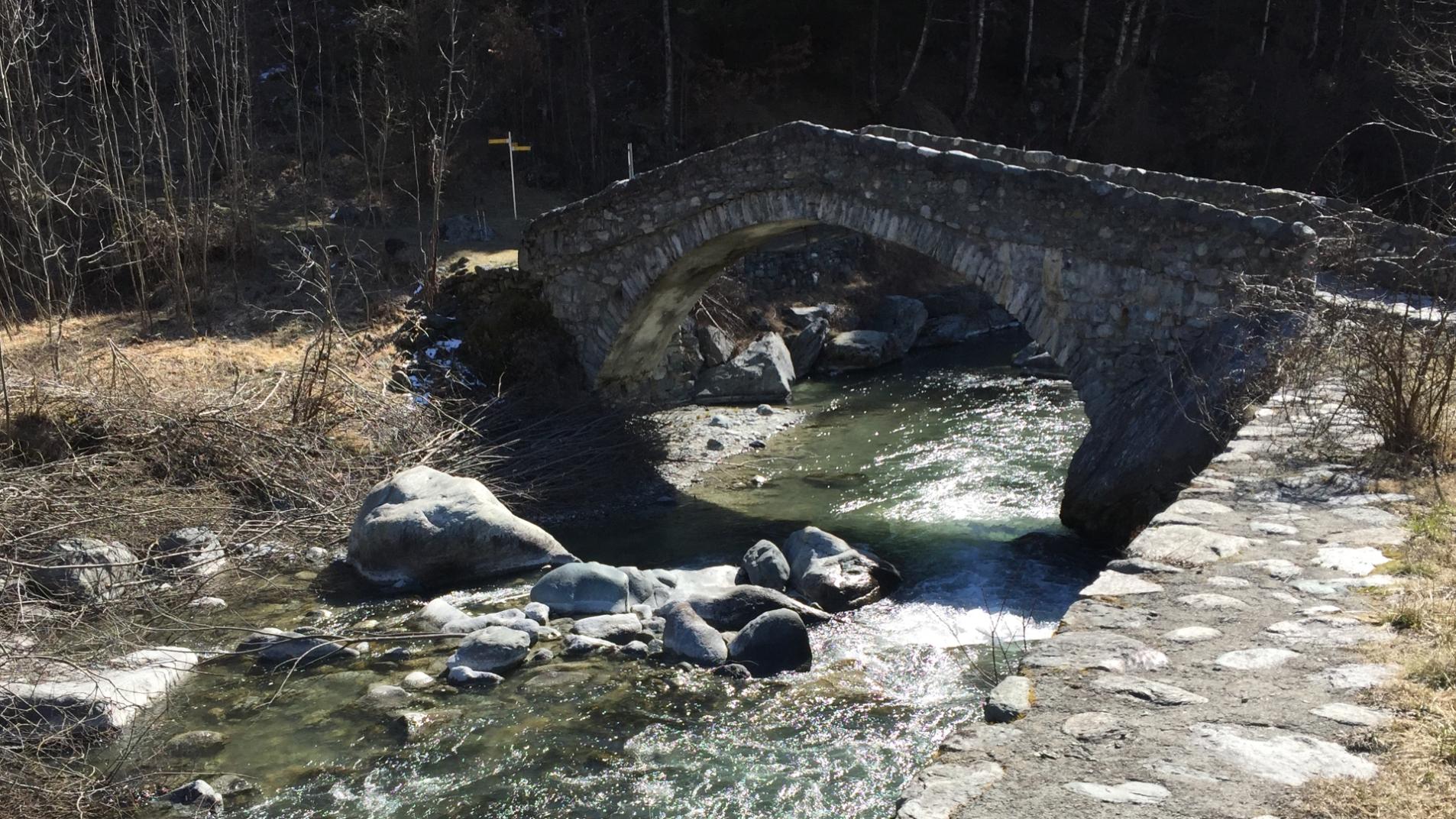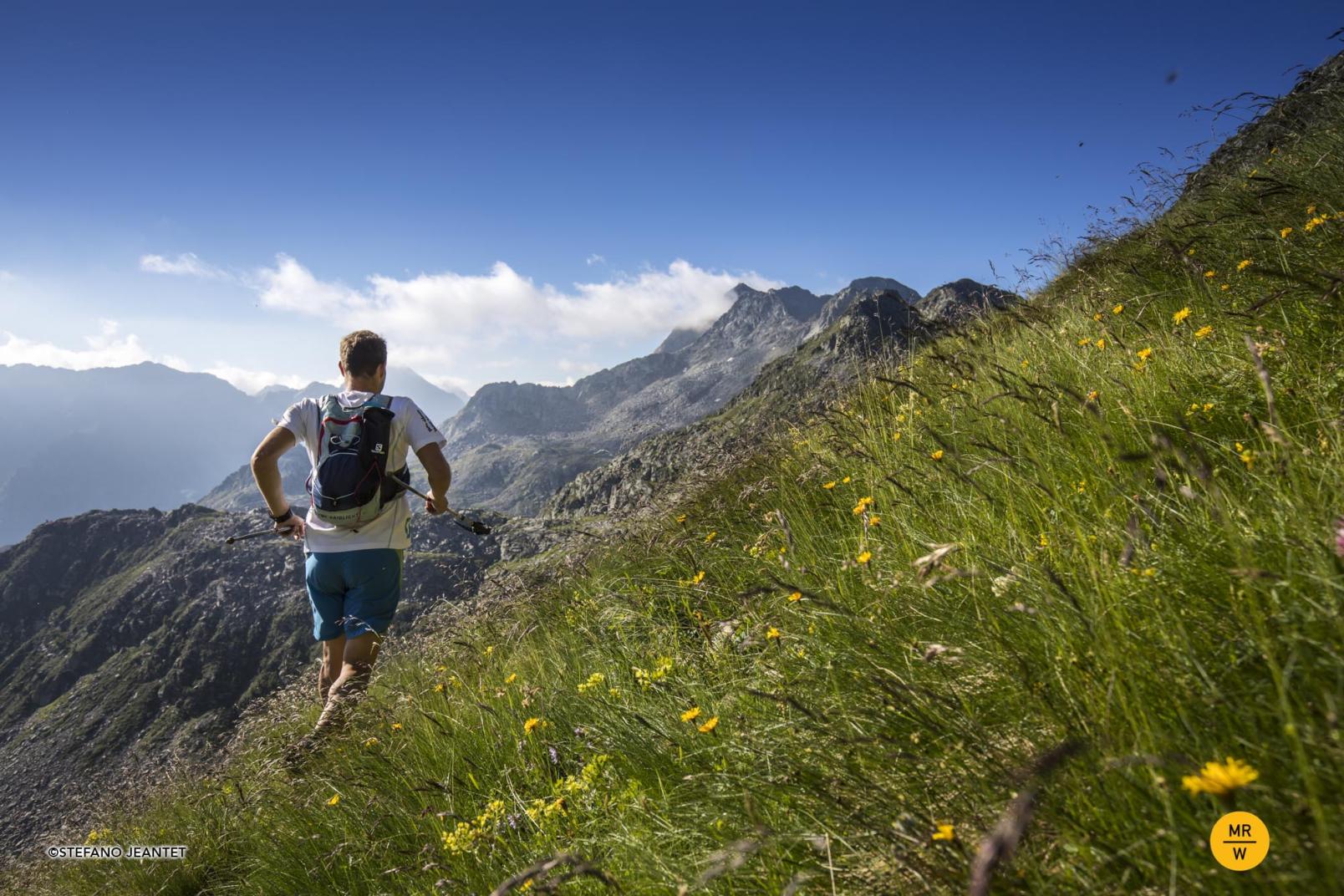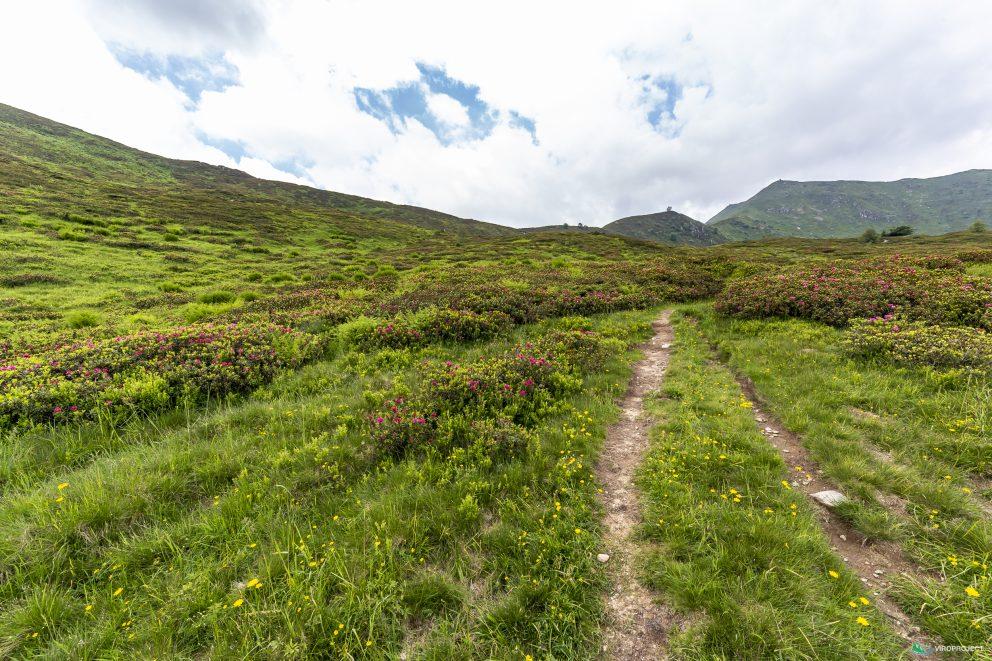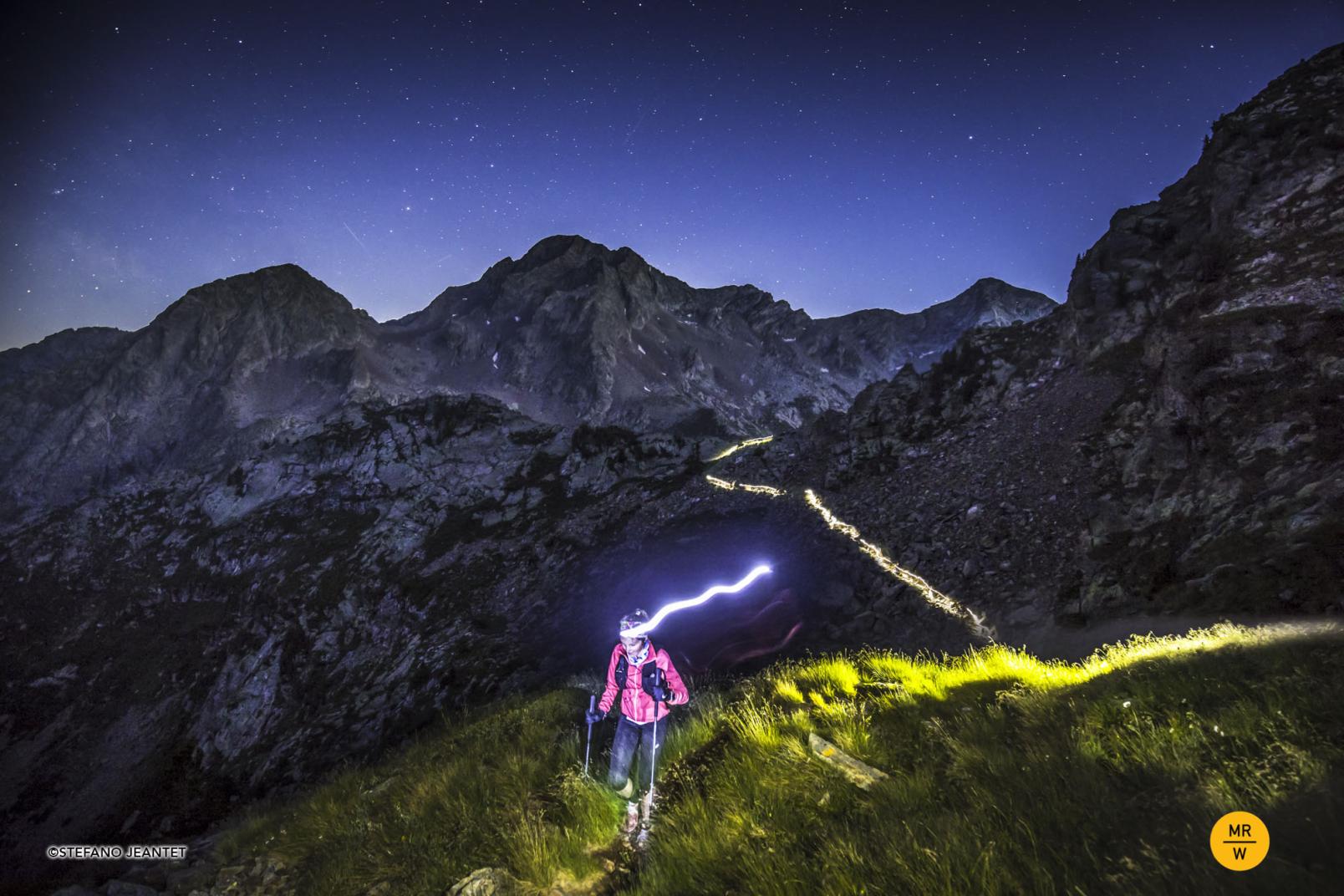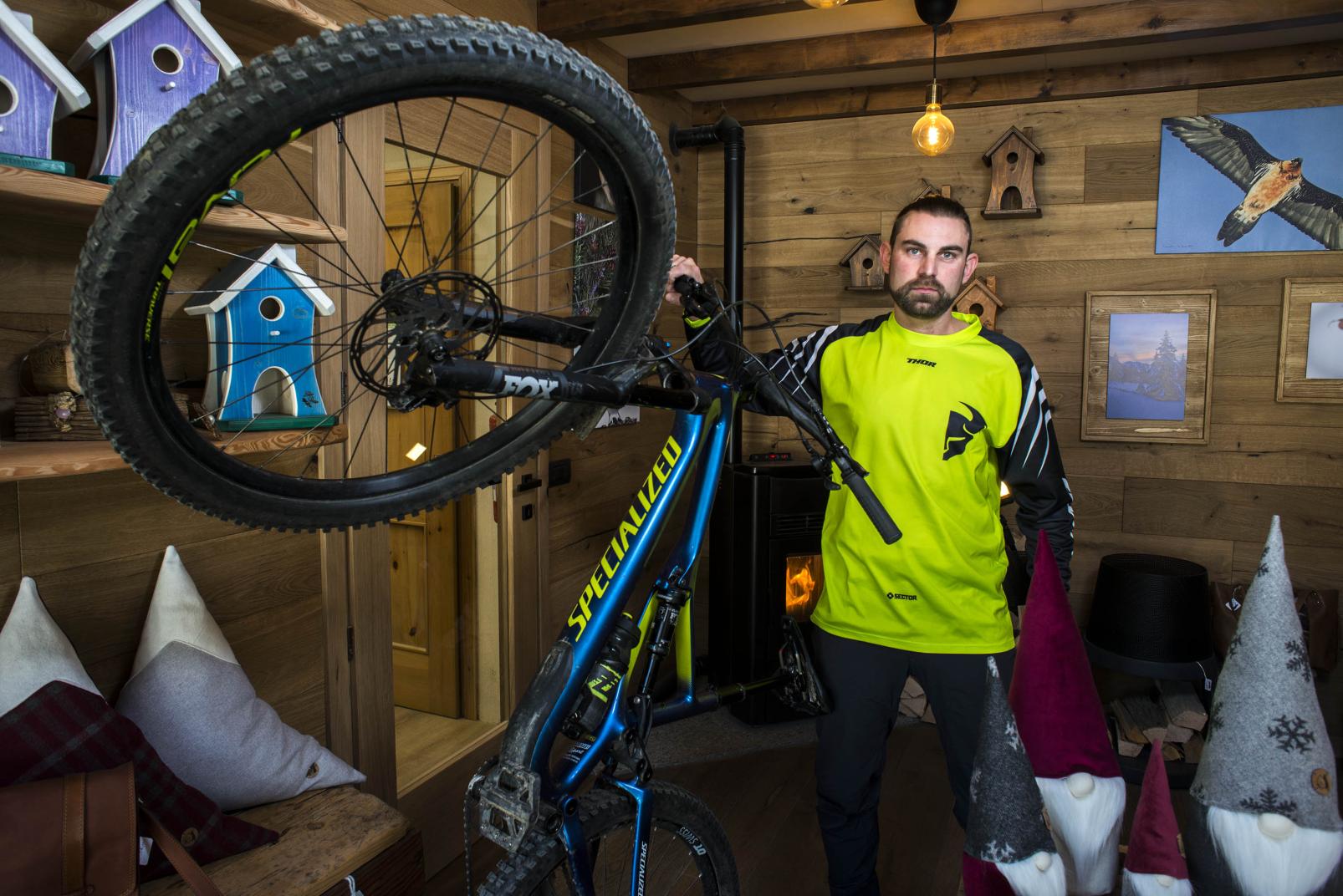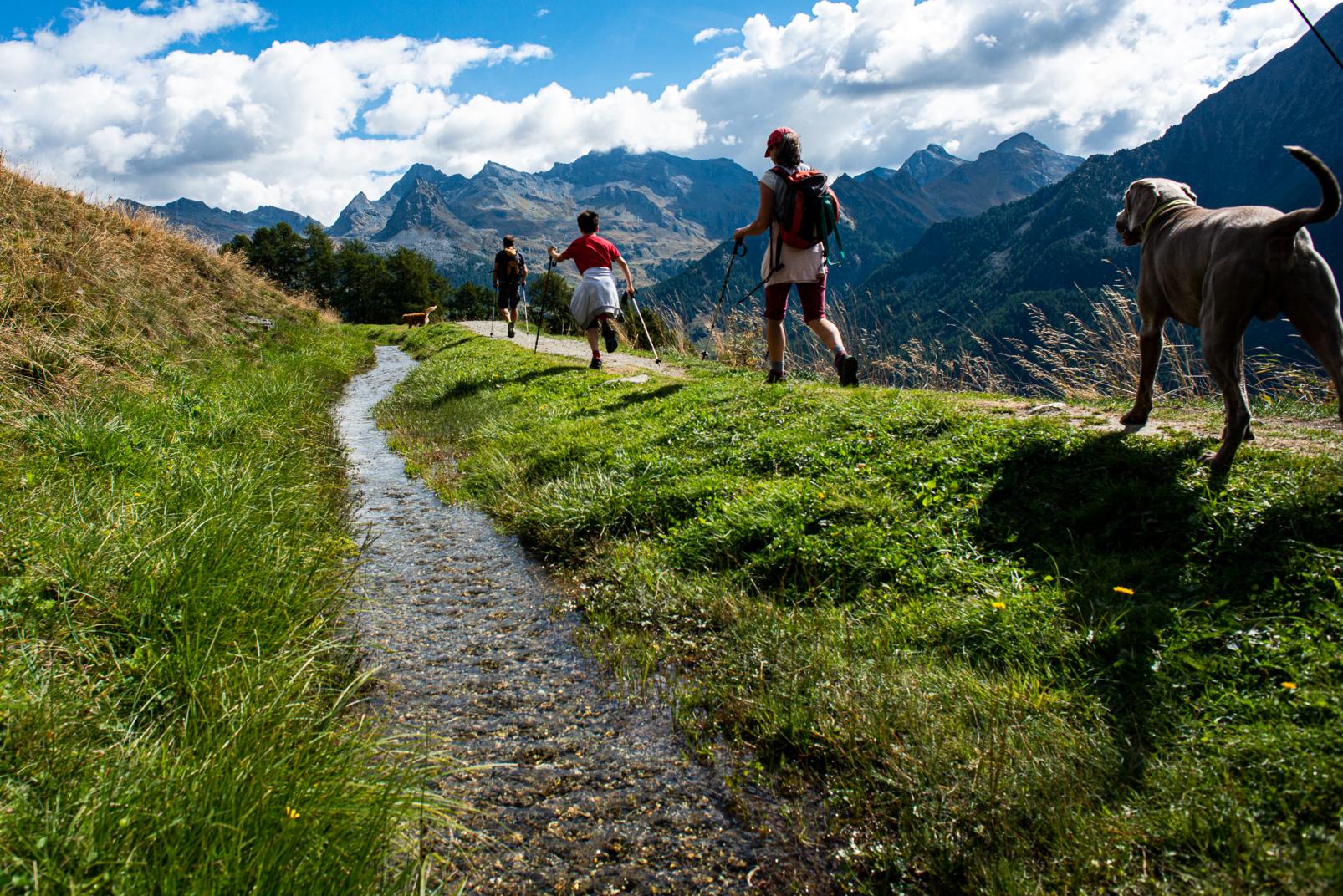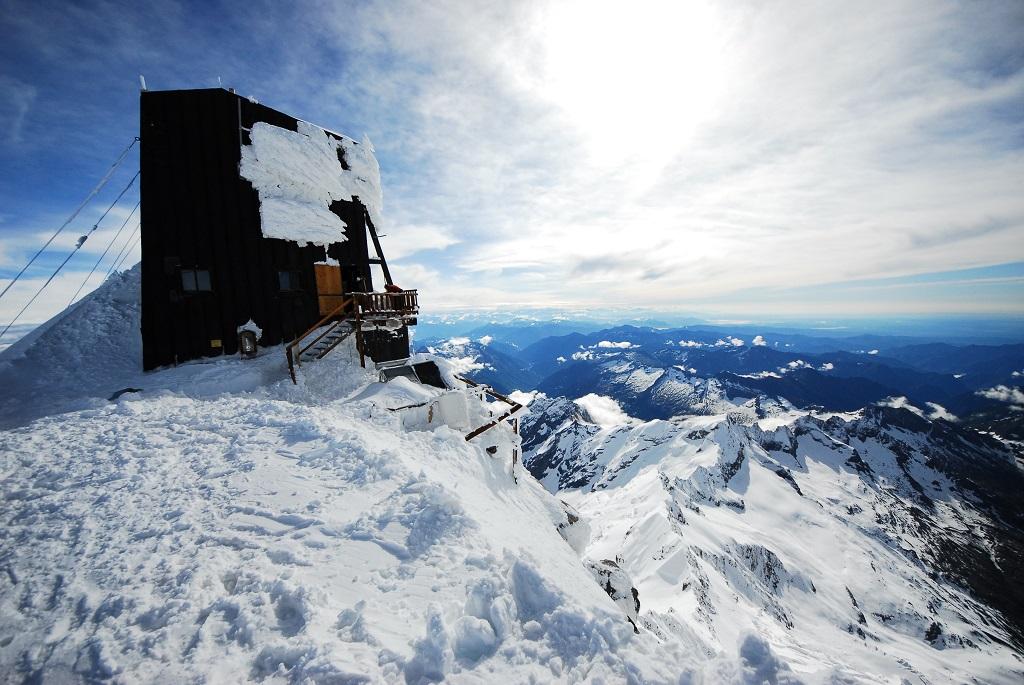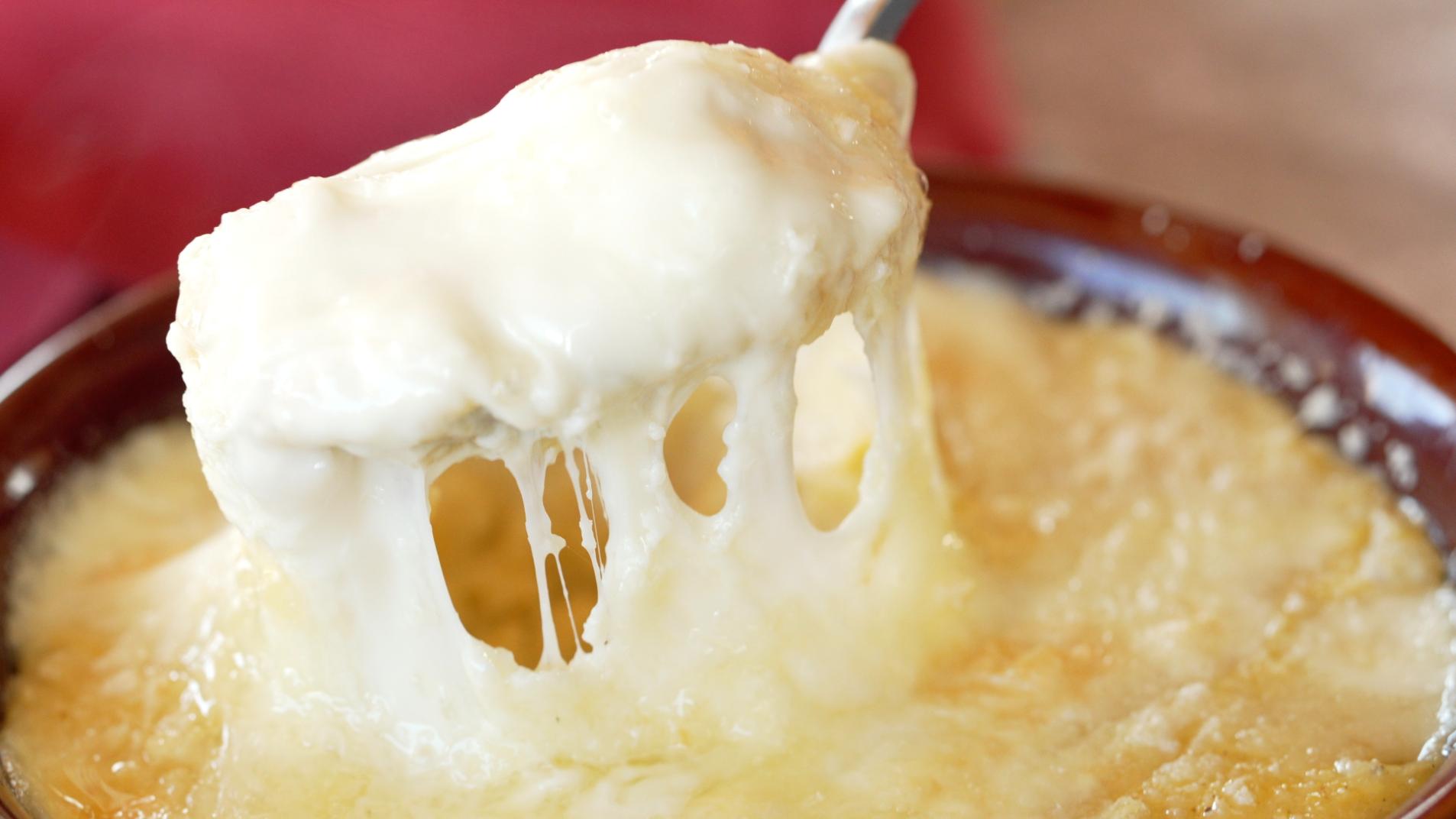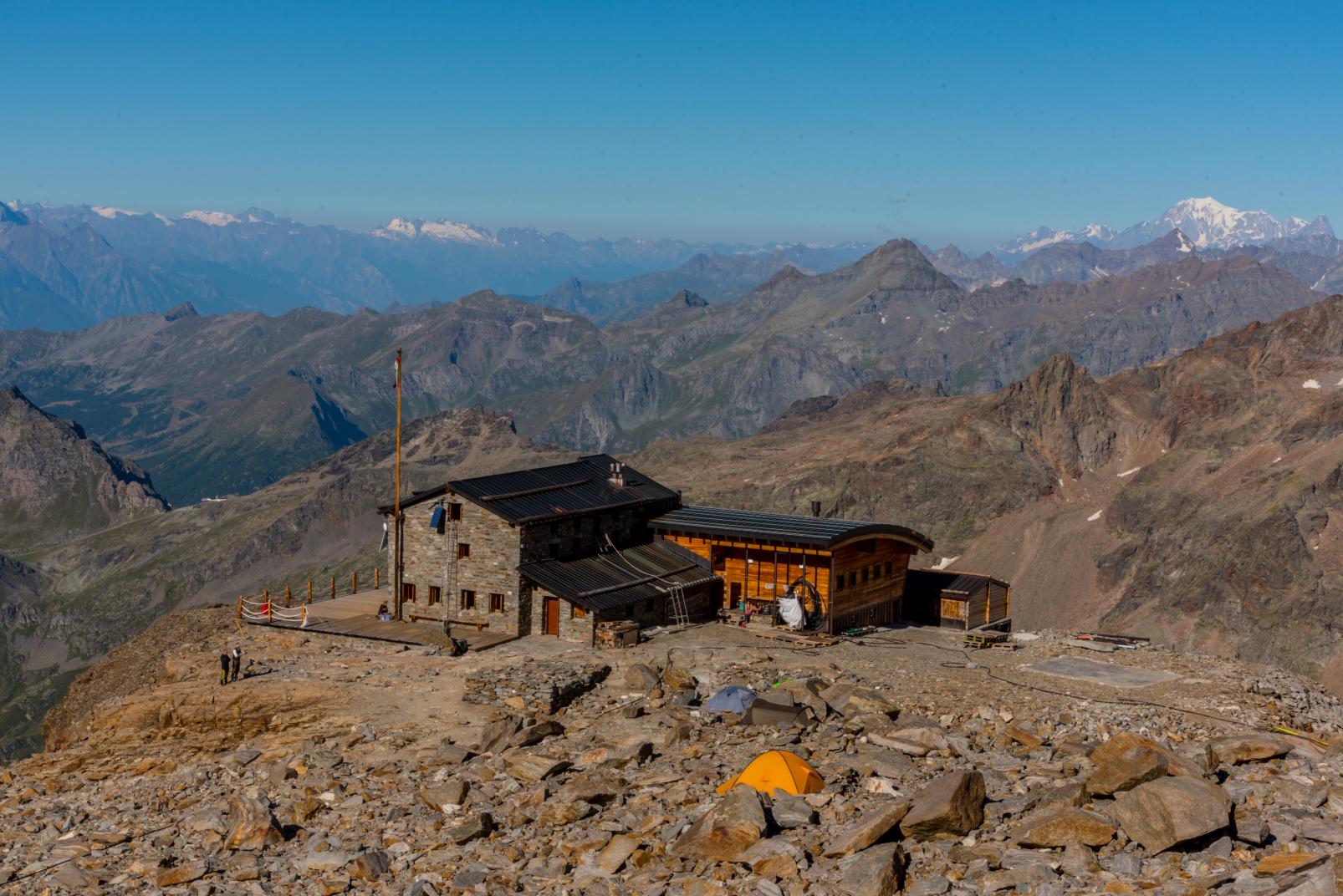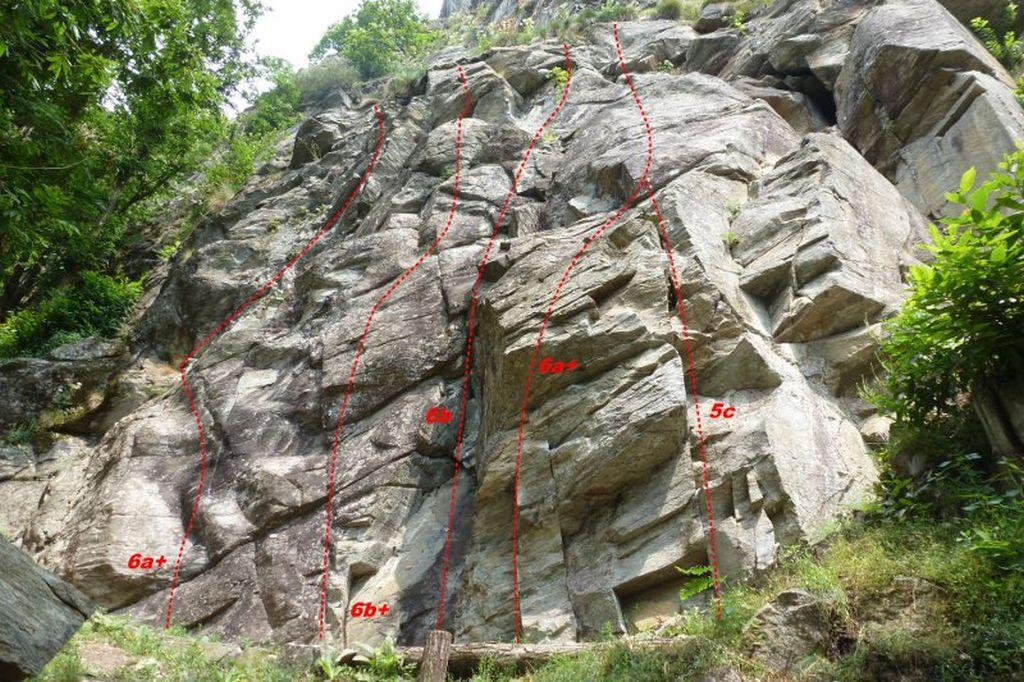In Valle d'Aosta, until a few years ago, sheep breeding concentrated on the Rosset sheep, an ancient mountain breed whose wool is excellent for the production of rustic textiles for furnishing and clothing.
In recent years, however, something has changed. With the attention of those who want to understand well the dynamics of the investment and the result in terms of production, some farmers have bought dairy sheep of breeds mostly from neighbouring France. The results? Excellent, so much so as to convince them to purchase significant numbers of dairy sheep, in some cases even renouncing traditional cow's milk production of Fontina DOP.
Entering into the heart of the Val d'Ayas, a magical place like Alpe Vascoccia (with the Colle of the same name as a trekking destination) is 'painted' in fine weather with little white clouds: these are the Lacaune breed of sheep brought up to the mountain pastures by the Bagnod family, an example of entrepreneurship and research in mountain farming. We are at altitudes ranging from 2,000 to 3,000 metres, at the foot of Monte Rosa: the pastures are pungent, rich in excellent leguminous plants that give the milk intense aromas.
This gives rise to some very interesting cheeses, such as Gran Gessato with its persistent flavour and Neige de brebis, which winks at the more classic tome cheeses of yesteryear. And this is just to mention a few, without spoiling all the good things that can be discovered by 'knocking' on the door of Alpe Metsan, a very well-known agritourism in the valley.
One last suggestion? Visit one of the highest ageing cellars in the Old Continent, right below the aforementioned agritourism: an explosion of forms will astound you, with fresh spring water to keep the place cool and moist!

